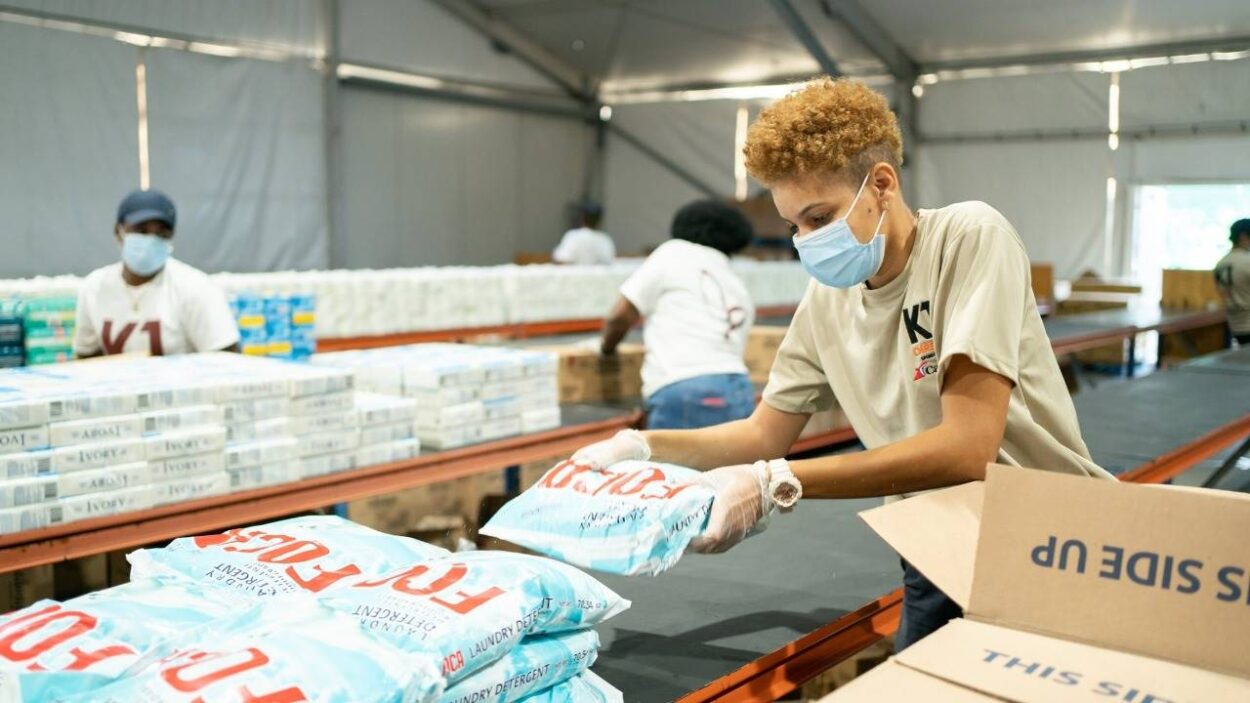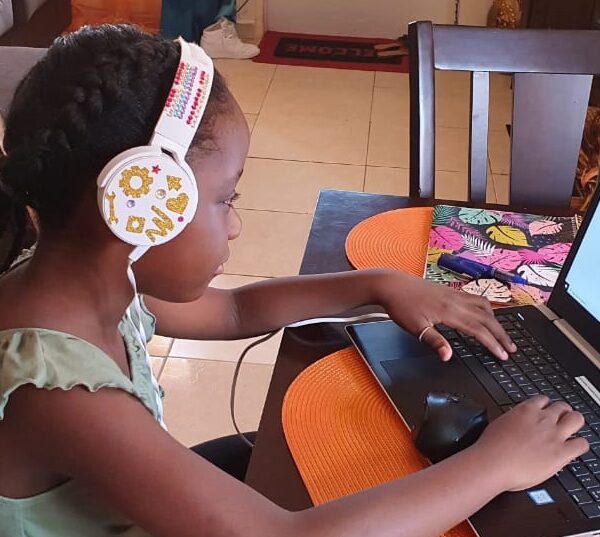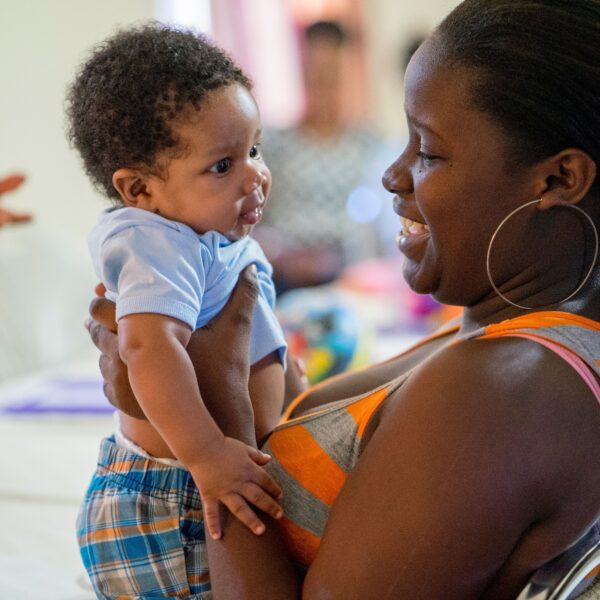This magazine (Inaugural Issue, 2019) was created before the global covid-19 pandemic emerged, but the content might only have become more current. It is particularly important at this time to pay attention to what professionals can do for vulnerable children, both now and later.
This magazine was created before the corona crisis. Therefore the interviews in the magazine do not reflect the impact of covid-19 on the protection and wellbeing of children, except for the first article, which shows the new online school dynamic. The original approach included examining the effect of Hurricane Irma on the well-being of children, because we know that disasters often lead to an increase in domestic violence and insecurity of children. In the meantime, a very different disaster has arrived. Corona not only disrupts health care, public life and the economy, but poses additional risks for children.
Loss of income
The pandemic heavily impacted societies around the world, including Sint Maarten. The most vulnerable children in particular, are impacted by the severe consequences of the covid-19 pandemic. On the one hand, measures such as a lockdown, closing of non-essential businesses, and halting travel are imperative to stop the spread of the virus in order to limit the impact on public health. On the other hand, many families are facing loss of income as the economy is heavily affected by the measures. The Court of Guardianship has already received notices of the inability to continue child support payments.
Stress
There are increased stress levels among parents and caregivers who have to juggle being at home with the children while working from home or who are experiencing distress due to loss of income. Increased stress levels are likely to lead to an increase in psychological and physical violence against children, while interpersonal violence in households may also increase.
Closed doors
Children, particularly those in alternative care, are having a difficult time now that the structure of their daily activities such as school, friends, family visits and after school activities has disappeared. This can lead to behavioral problems, which puts an additional strain on parents and caregivers. The Court of Guardianship has also received reports of separated parents not keeping to the visitation scheme due to fear of covid-19. This impacts on the child who is not able to spend time with the other parent and family members. Families that are already caring for children with disabilities or with behavioral problems are likely to face hardship behind closed doors.
Rights of the child
The Committee on the Rights of the Child (www.ohchr.org, 8 april 2020) is calling on States to “define core child protection services as essential and ensure that they remain functioning and available, including home visits when necessary, and provide professional mental health services for children living in lockdown. As well as strengthen phone and online reporting and referral systems as well as sensitization and awareness activities through TV, radio and online channels.”
Solutions
The preventative measures, such as maintaining social distancing between persons, will require innovative and creative solutions to reach children, especially the most vulnerable children. At the same time professionals also face reduced capacity to work due to care for children and family members. It is still unclear exactly what the consequences of this pandemic will be. It is certain that it is particularly important at this time to pay attention to what professionals can do for vulnerable children, both now and later, when the lockdown is over. Because that is what we learn from research: for children, the effects of disasters can last longer than the disaster itself. Fortunately, they are resilient. You can help them with that.



